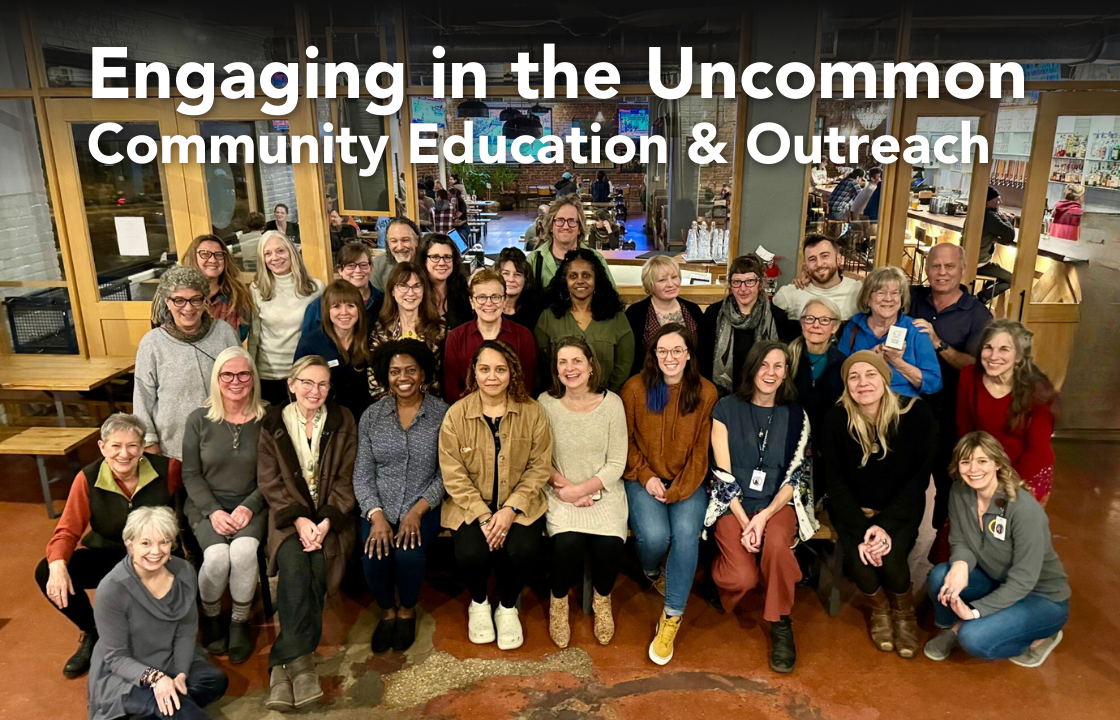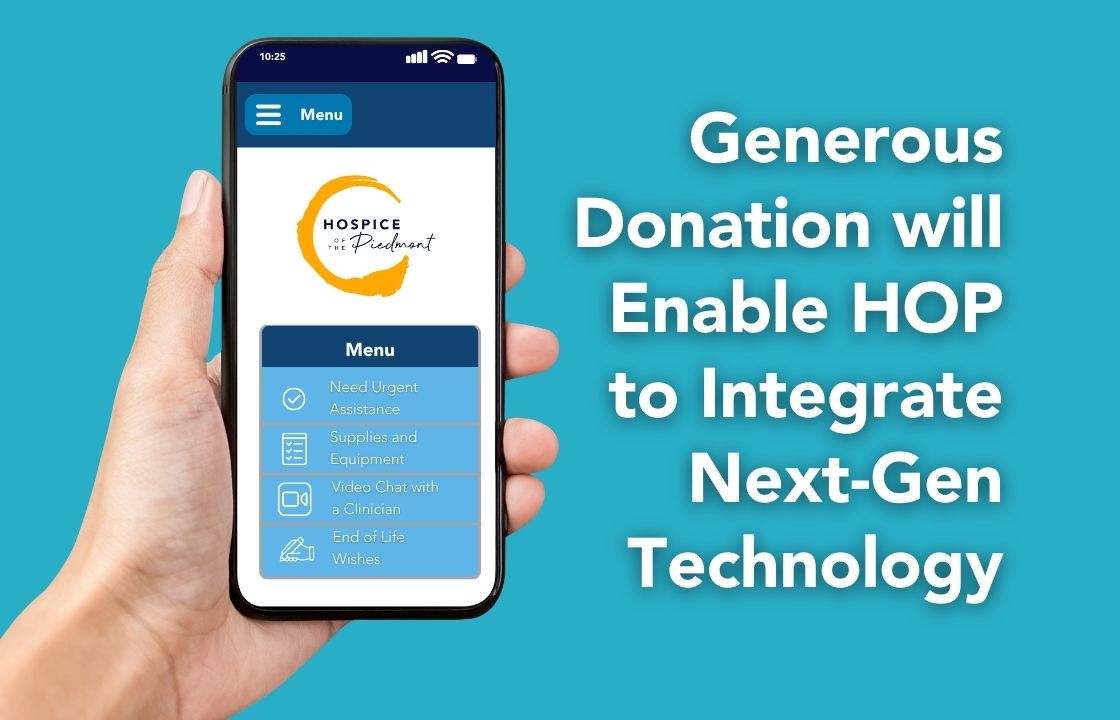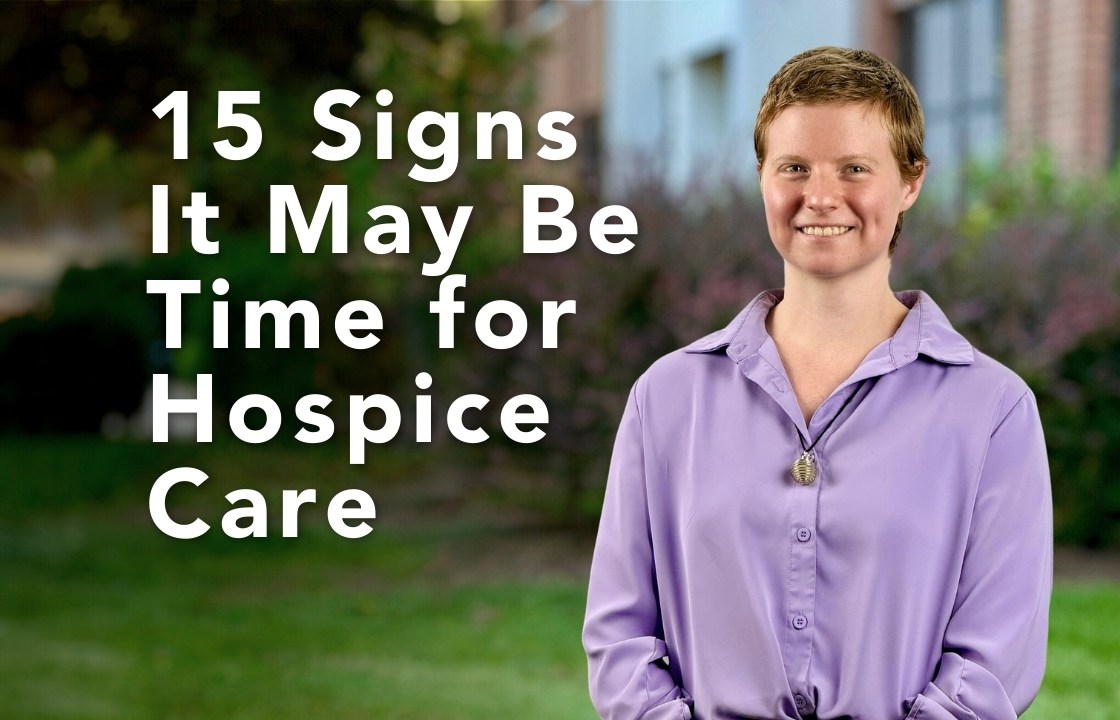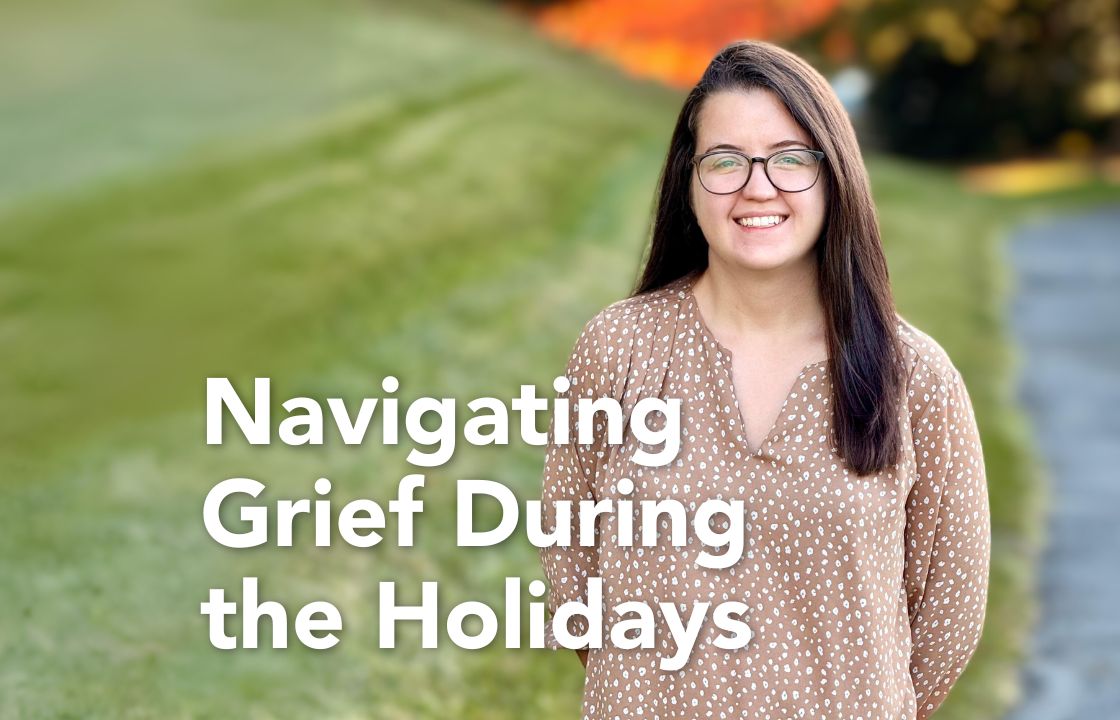Who wants to talk about death? At Hospice of the Piedmont, we do. While it can be uncomfortable to ask questions like, “How prepared is your family for your death?” or “How prepared are you?” It’s crucial that these complex and emotional topics aren’t swept aside. Instead, at Hospice of the Piedmont, we want to empower everyone in our community to have open and honest conversations about end-of-life issues.
The Benefits of Community Education
The decision to enter hospice care can be a difficult one. However, the more educated one is with information about the support hospice can provide, typically, the easier the decision becomes. Our Community Education and Outreach program is dedicated to increasing awareness about what hospice services can offer families and patients at the end of life. In Virginia, a recent study reported that only 50% of those who are eligible for hospice care actually access the service.
At Hospice of the Piedmont, we believe the key to helping more people access care is overcoming the stigma that hospice means “giving up.” Families and patients often report wishing they had started hospice services sooner, and patients who use hospice care tend to live longer than those who do not. Hospice care can be a gift to the patient and their family, providing an added level of support and allowing them to focus on what matters most – time together during the final chapter.
Educating the Community Through Innovative Events
Our Community Navigator, Hannah Barton, hosts educational events about end-of-life issues. These events range from film screenings at local libraries to attending local health fairs to advance care planning sessions at senior centers.

“Having meaningful conversations with family and friends and documenting your wishes is important,” explains Barton. “Planning can be a gift to those you care about. It reduces decisional burden and has been shown to improve bereavement experiences by lowering anxiety and depression after a loved one’s death.”
In the past year, Hospice of the Piedmont had over 1,500 attendees at 48 events in our service area. Our Death Over Drafts events at local breweries help begin important conversations in the broader community. Our pioneering team of trained Death Doulas help facilitate these discussions with questions like, “What music do you want to be listening to on your last day alive?” Engaging attendees in a light-hearted yet thought-provoking manner, Hospice of the Piedmont is helping prepare our community for challenging conversations with their loved ones about end-of-life fears, concerns, and questions.
One conversation at a time, Hospice of the Piedmont is dispelling the myth that hospice is just for those who are actively dying. Philanthropic support allows Hospice of the Piedmont to continue providing meaningful community engagement to increase awareness of services that patients are eligible for and enhance care for both patients and their caregivers alike.



